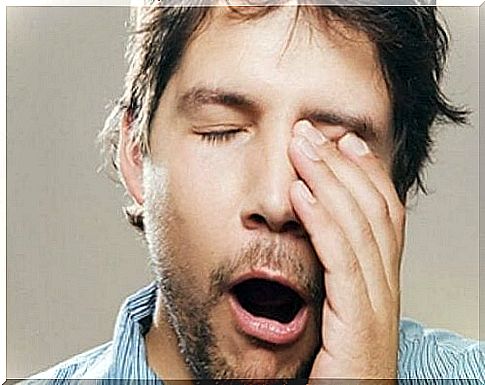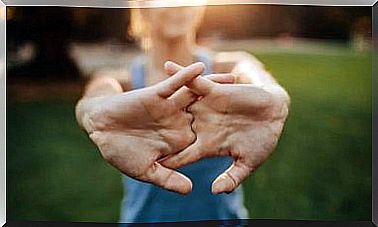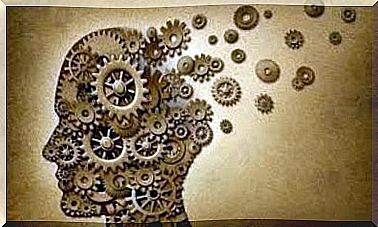Necessary Hours Of Sleep Depending On Age

Specialists know that sleep habits change at every stage of life. Thus, the need for hours of sleep is different for each age category, because the body’s needs and lifestyle evolve over time.
It is essential to satisfy your need for hours of sleep according to your current age. In addition, keep in mind that it is not good to sleep too much. Sleep is a fundamental process for the proper functioning of the body, especially the brain.
The number of hours that a particular person must reserve for rest depends on multiple factors. Although there is a daily requirement depending on age, this is only a general indicator. In particular cases, there may be variations that depend on specific circumstances and situations.
The importance of enough sleep
The need for hours of sleep depending on age is not nailed down. In fact, it is very difficult to establish a precise interval. Some young adults feel very good with only 6 hours of sleep, while others need 9 hours.
To make sure you get enough sleep, you need to be able to identify the symptoms of insufficient rest. In general, if a person feels lethargic and irritable during the day, they are likely not to get enough sleep. At the same time, if someone wakes up in the morning and falls asleep again after a few minutes, it means that he has not enjoyed a restful sleep.
A very useful test to discover the need for hours of sleep is to sleep for 15 days without restrictions or distractions (for example, when you are on vacation). If you do not suffer from any sleep disorder and rest hours become regular at the end of this period, you can confidently say that you are getting enough rest.

What is the required hours of sleep depending on age?
As mentioned before, the need for hours of sleep varies depending on age. The National Sleep Foundation (United States) has compiled a list of the minimum and maximum number of hours of rest for each age group. These values are based on the latest scientific research.
According to experts, here is how much each person should sleep:
- Newborns (0-3 months): between 14 and 17 hours
- Babies (4-11 months): between 12 and 15 hours
- Young children (1-2 years): between 11 and 14 hours
- Preschoolers (3-5 years): between 10 and 13 hours
- Pupils (6-13 years): between 9 and 11 hours
- Adolescents (14-17 years old): between 8 and 11 hours
- Young adults (18-25 years): between 7 and 9 hours
- Adults (26-64 years): between 7 and 9 hours
- Elderly (65 years and older): 7 to 8 hours
Why does age influence the required hours of sleep?

Babies need more rest than adults because it is essential for physical and emotional development. During sleep, children’s endocrine glands produce more growth hormones. This process makes it possible to grow organs and mature the nervous system.
At the same time, babies and children are constantly learning. Sleep allows the little ones to organize and consolidate the information obtained during the day. As they grow older, their children will need fewer hours of sleep.
Adolescence, on the other hand, is marked by a temporary imbalance of circadian rhythm, which is a kind of internal biological clock. Thus, adolescents tend to fall asleep later at night and, as a result, find it harder to wake up early. As we age, we need less sleep.
“The hypothesis of the grandfather who does not sleep well”
According to a study published in the academic journal Proceedings B (The Royal Society Publishing, UK), a possible reason why sleep habits change with age is evolutionary adaptation. This is called “the hypothesis of the grandfather who does not sleep well”.
It is supposed that one of the factors that helped our ancestors survive was the fact that they stayed awake at night. Because older adults were involved in fewer activities during the day, and surveillance did not involve excessive effort, their role was to guard.
In primitive communities, the elderly go to bed much earlier and wake up early in the morning. This behavior can be inherited from our ancestors, thus explaining why the sleep program differs from one age to another.









